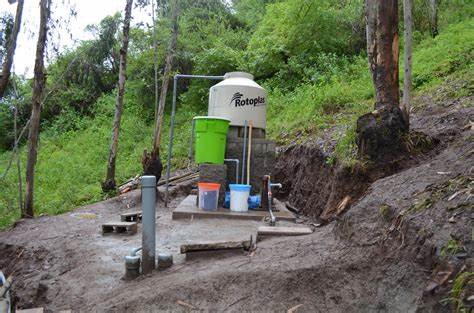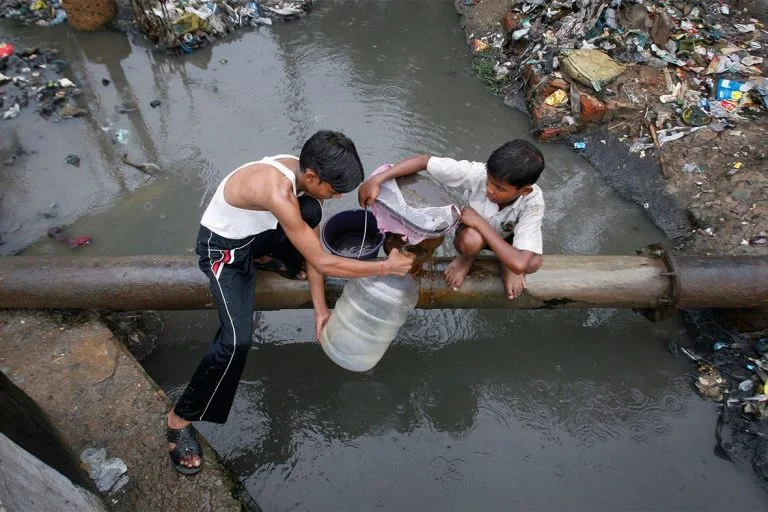
The Role of NGOs in Promoting Accessible Wastewater Treatment
Introduction
Promoting accessible wastewater treatment is crucial for ensuring public health and environmental sustainability. This article aims to explore the historical background, key concepts, main discussion points, case studies, current trends, challenges, controversies, future outlook, and the significance of NGOs in promoting accessible wastewater treatment.
Historical Background
Throughout history, wastewater treatment systems have evolved to address the growing need for proper sanitation. From ancient civilizations’ rudimentary methods to modern-day advanced technologies, the development of wastewater treatment has played a pivotal role in improving public health and protecting the environment. Milestones and events such as the creation of sewage systems and the introduction of regulations have shaped the promotion of accessible wastewater treatment. NGOs have historically been active in addressing wastewater treatment issues, advocating for improvements in policies and regulations.
Key Concepts and Definitions
Wastewater treatment refers to the process of removing contaminants from wastewater to make it safe for discharge or reuse. It is crucial for maintaining public health and environmental sustainability, as untreated wastewater can lead to the spread of diseases and pollution of water bodies. Accessibility, in the context of wastewater treatment, refers to ensuring that communities have equitable access to proper treatment facilities and services. NGOs, or non-governmental organizations, are independent entities that work towards social, environmental, or humanitarian goals. In the context of wastewater treatment, NGOs play a significant role in promoting accessible systems and advocating for improvements.

Main Discussion Points
The role of NGOs in advocating for policy changes and regulation improvements related to wastewater treatment
NGOs have a crucial role in influencing policy changes and improving regulations concerning wastewater treatment. They work towards ensuring that governments prioritize and invest in accessible systems. Through lobbying, research, and advocacy campaigns, NGOs can influence decision-makers, leading to enhanced policies and regulations to protect public health and the environment. Collaboration with governments and other stakeholders is essential in driving these improvements.
The role of NGOs in implementing wastewater treatment projects and technologies
NGOs actively engage in building and maintaining wastewater treatment facilities, especially in underserved communities. They utilize innovative technologies to promote accessibility and sustainability. By implementing projects, NGOs contribute to addressing water pollution issues and improving public health. Their expertise and dedication play a vital role in bringing accessible wastewater treatment to communities in need.
The role of NGOs in raising awareness and educating communities about the importance of wastewater treatment
NGOs conduct community outreach programs and campaigns to raise awareness about the importance of wastewater treatment. Through educational initiatives and capacity-building programs, NGOs empower communities to take an active role in maintaining and utilizing wastewater treatment systems. These awareness-raising activities have a significant impact on promoting accessible wastewater treatment by fostering behavior change and responsible water management practices.

Case Studies or Examples
Real-world examples of successful NGO initiatives in promoting accessible wastewater treatment showcase the positive outcomes and impact on communities and the environment. These case studies highlight the effectiveness of NGO interventions in addressing wastewater treatment challenges, improving public health, and preserving the environment. They serve as inspiration and models for future initiatives.
Current Trends or Developments
Recent trends in NGO engagement in promoting accessible wastewater treatment include the utilization of new approaches and technologies. NGOs are increasingly adopting sustainable and cost-effective solutions, such as decentralized treatment systems and nature-based solutions. Recent research findings also contribute to the effectiveness of NGO interventions, providing insights into the improvement of wastewater treatment practices.
Challenges or Controversies
NGOs face various challenges in promoting accessible wastewater treatment, including limited funding, inadequate infrastructure, and resistance from governments or other stakeholders. Controversies may arise regarding the appropriate roles and responsibilities of NGOs in this context. Balancing interests and addressing conflicts between NGOs, governments, and other stakeholders is crucial to ensuring effective collaboration and progress in wastewater treatment initiatives.

Future Outlook
The role of NGOs in promoting accessible wastewater treatment is expected to grow in the future. As the global population increases and environmental concerns escalate, the importance of wastewater treatment becomes even more significant. NGOs should focus on continuous collaboration, innovation, and capacity-building to address emerging challenges and ensure sustainable progress in this field.
Conclusion
In conclusion, the role of NGOs in promoting accessible wastewater treatment cannot be overstated. Through advocacy, implementation of projects, raising awareness, and collaborations, NGOs contribute significantly to improving public health and protecting the environment. The topic of The Role of NGOs in Promoting Accessible Wastewater Treatment merits further research and action to ensure equitable access to proper wastewater treatment worldwide.




